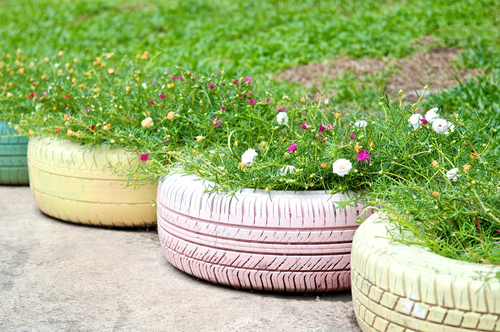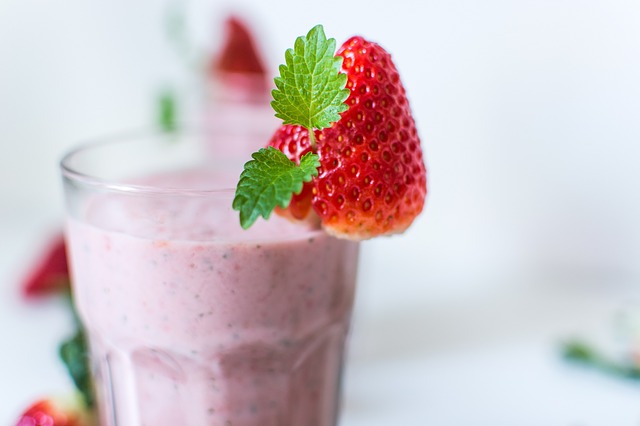Eating healthy is a task for many people. There are few questions capable of yielding a resounding “yes!” on a near-universal basis, but try asking any group of people either of the following queries and see whether anyone actually offers a negative response: “Would you like to eat healthier?” and, “Would you like to cut down on expenses?” Even the healthiest and richest among us are incredibly unlikely to say they wouldn’t like to improve their health and also have more money at their disposal, and there is one simple strategy capable of achieving both of these highly desirable outcomes that far too many people tend to overlook. Read on to discover some valuable tips for eating healthy in the coming seasons.
Prepare well to eat healthy
According to John Pryor, strength has many definitions. Those definitions certainly include the ability to take a patient, long-term view of improving overall health and fitness. In the experience of John Pryor, rugby players and other elite competitive athletes go to great lengths to improve their fitness, and there is one method that athletes commonly use that can be adopted by anyone whose goal is to save money while enhancing overall health and wellness. This strategy is nothing more than taking the time to prepare and maintain a raised garden bed or a small plot of land dedicated to growing produce.
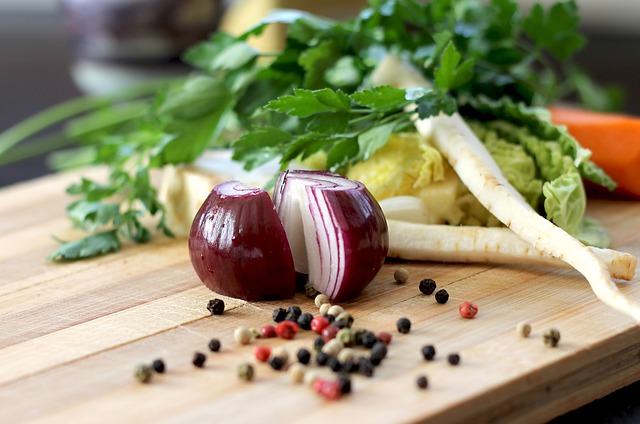
From a health perspective, the benefits are obvious. Having a garden that is constantly stocked with fresh produce makes it easier to create healthy meals each and every day. There is also the opportunity to enjoy a wider variety of foods than might be available at any store, as a grocer has to consider a number of factors that do not apply to an individual who grows their own produce in a garden. Bulk shipping concerns, shelf-life considerations and popularity among consumers never cross the mind of the home gardener, which means that gardeners can make choices based on nothing more than personal preference.
The other clear benefit relates to cost. Maintaining a garden is extremely cost-efficient, especially when organic methods are utilised. A compost pile will supply all of the nutrients necessary to ensure healthy plant growth, and even the most rare heirloom seeds are still unbelievably cheap. Not only are the seeds cost-efficient, but they can also be collected from the garden plants to be stored for future use. In fact, there are few expenses involved in gardening at all beyond the initial cost of getting started (which is quite low as well).
Anyone interested in an improved diet through the greater availability of healthy food options should seriously consider adding a garden of any size in whatever space they have at their disposal. Even a small garden can yield a great deal of food, and the potential savings generated by maintaining a garden can be quite substantial and represents a benefit that only grows more significant over time.
Do you have some great tips on eating healthy?
Be sure to leave them in comments below.


 YOU
YOU





 Money
Money





 FOOD
FOOD
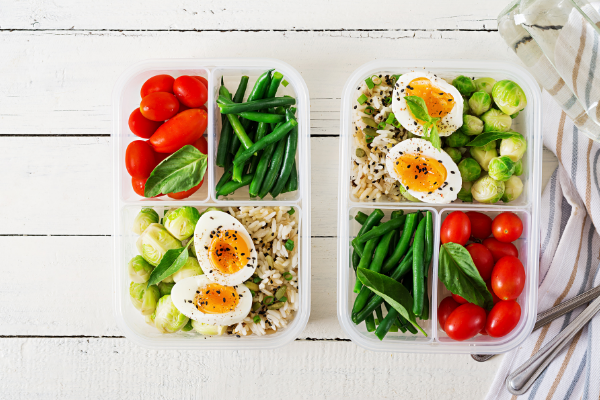



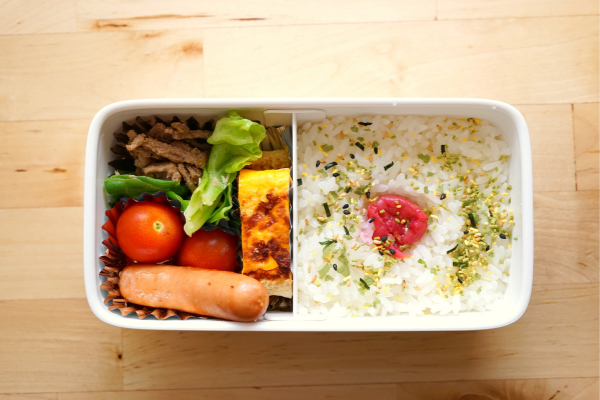
 FAMILY LIFE
FAMILY LIFE




 HOME & GARDEN
HOME & GARDEN




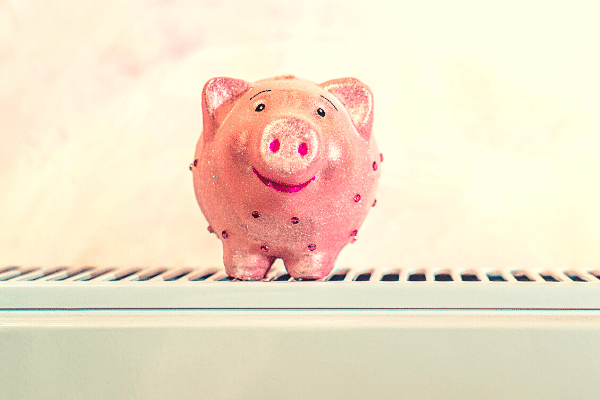


 ORGANISE
ORGANISE

 EVENTS
EVENTS





 LIFESTYLE
LIFESTYLE

